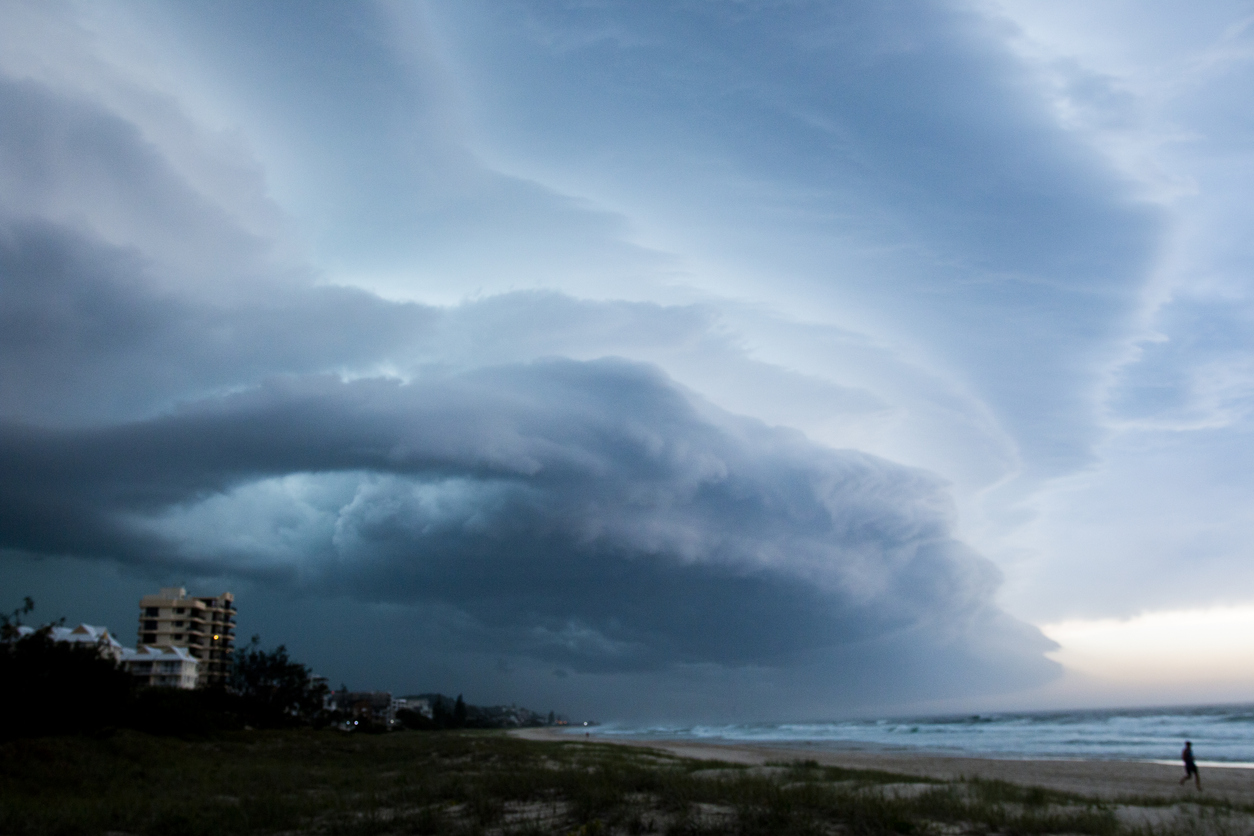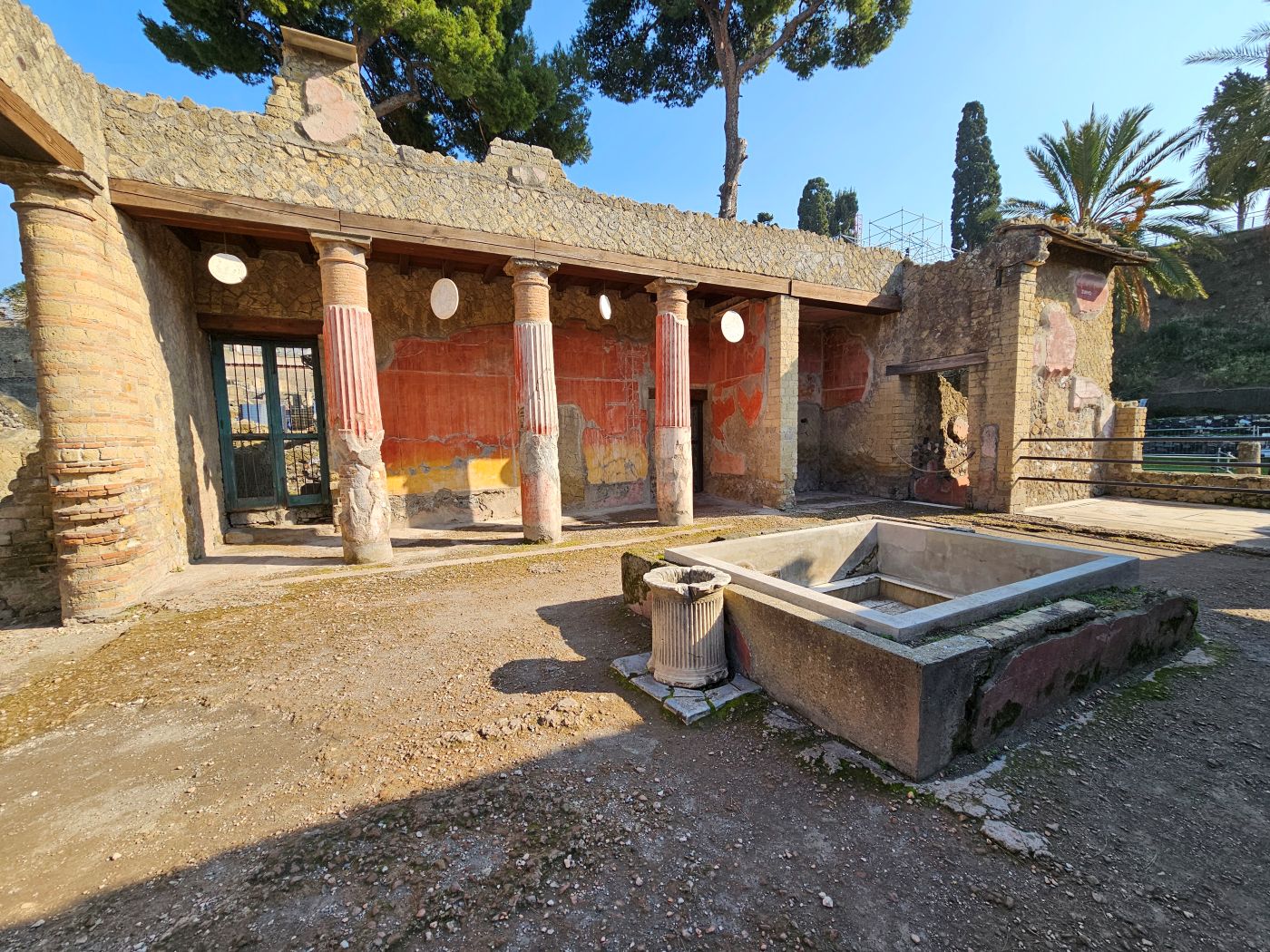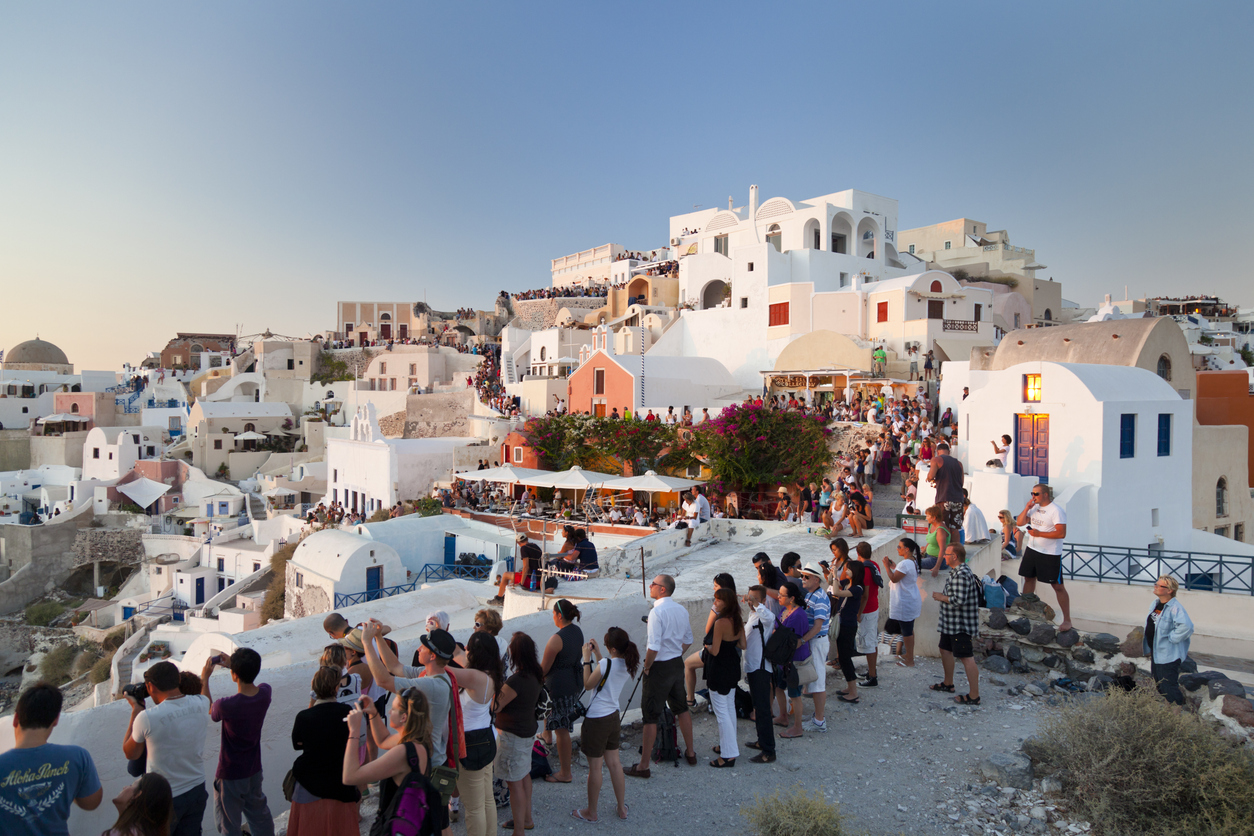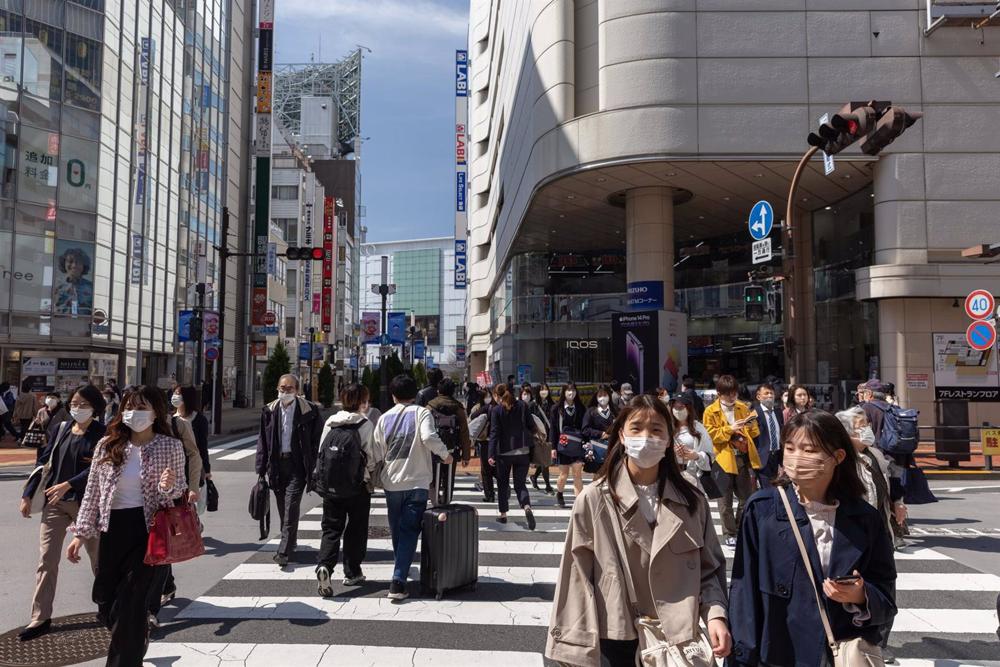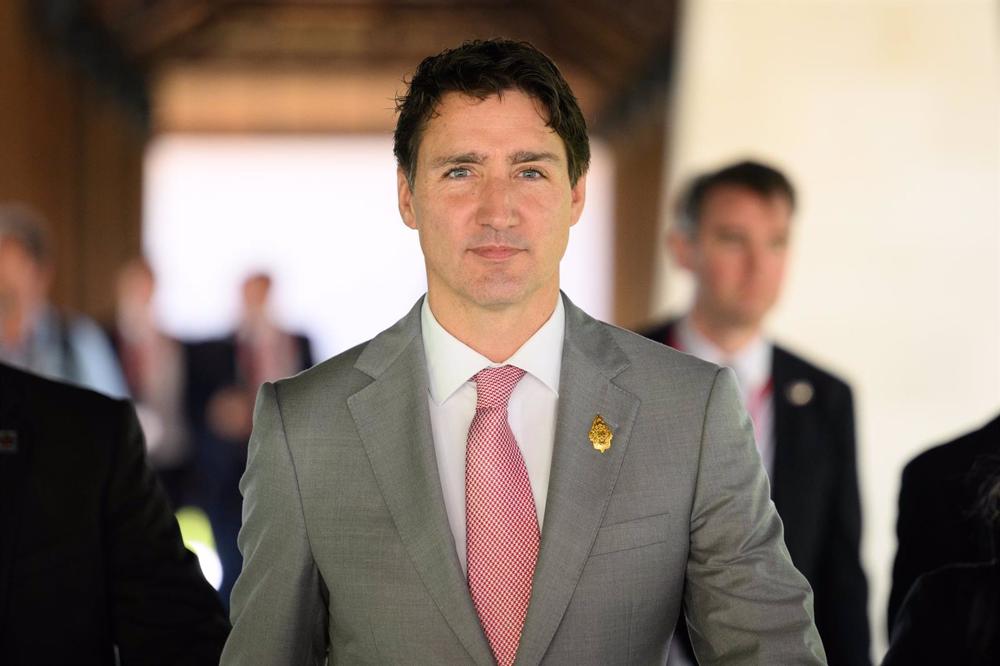
Canada’s Prime Minister Justin Trudeau on Friday defended the declaration of the Emergencies Act as part of an inquiry into protests earlier this year by the so-called ‘Freedom Convoy’, which took to the streets to demonstrate against restrictions imposed by COVID-19.
Trudeau said Friday that the national security threats posed by the protesters were so pressing that there was no viable alternative to declaring a state of emergency in Canada, as there were serious concerns about the use of weapons during the protests.
«There was a sense that it was spreading. And the fact that no serious violence had been observed was a good thing, but we couldn’t say that there wasn’t a serious potential threat,» the Canadian prime minister explained, as reported by ‘The Globe and Mail’.
In this sense, the Canadian Prime Minister explained that the events of the first weeks caught the police off guard and, as the weeks went by, it became «evident» that there were no resources or tools to tackle the crisis.
Trudeau thus indicated that the Incident Response Group (IRG), a special committee made up of Canadian cabinet ministers and security officials, determined that if the police needed «new legal authorities» this required another type of action.
«The IRG discussed the possibility of special legislation to force drivers to comply with their government contracts. Ultimately, it was determined that the legislative process (including actual approval) would have taken weeks,» the prime minister said, as reported by the CBC.
The investigation being conducted by the Public Order Emergency Commission, headed by Justice Paul Rouleau, is to determine whether police forces could have handled the situation without declaring the Emergency Act.
Trudeau’s testimony marks the end of the public hearings phase of the Commission, which has been able to hear from numerous witnesses, officials and protesters, as well as review key messages to understand the pressure the government was under during the protests.
Prime Minister Trudeau’s Canadian government imposed mandatory vaccinations on Canadian truck drivers crossing the U.S. border on January 15, sparking a wave of protests that forced the government to enact the Canada Emergencies Act.
Security forces set up an operation to try to dislodge the protesters who blocked for days the Ambassador Bridge linking the cities of Detroit and Windsor, in the Canadian province of Ontario. This is one of the most important routes linking Canada with the United States.
As part of the altercations, at least 13 people were arrested near the main U.S. border crossing in southern Alberta for having access to weapons. Specifically, police seized long-barrelled weapons, handguns, several sets of bulletproof vests, a machete, a large quantity of ammunition and high-capacity firearm magazines.
